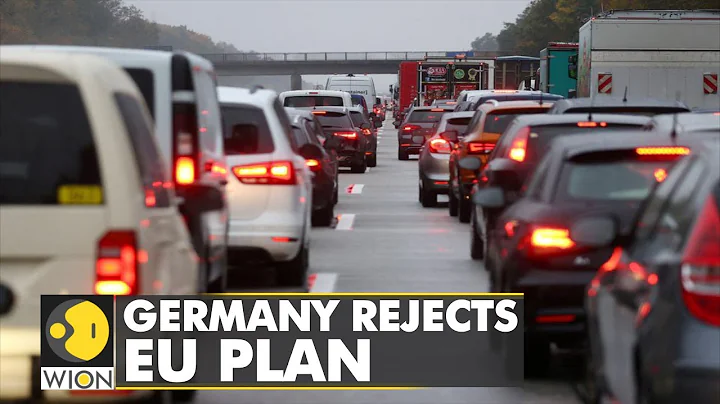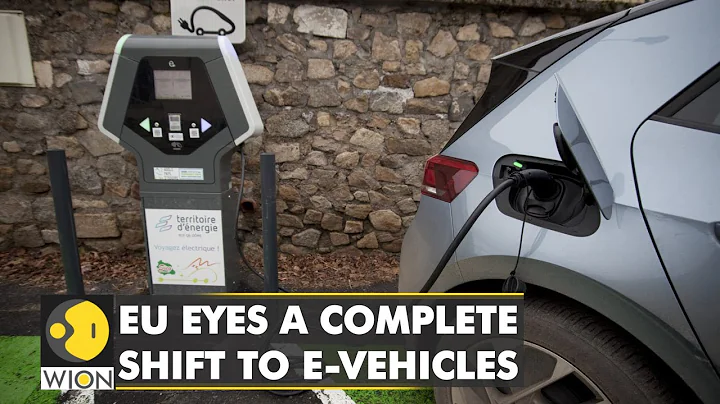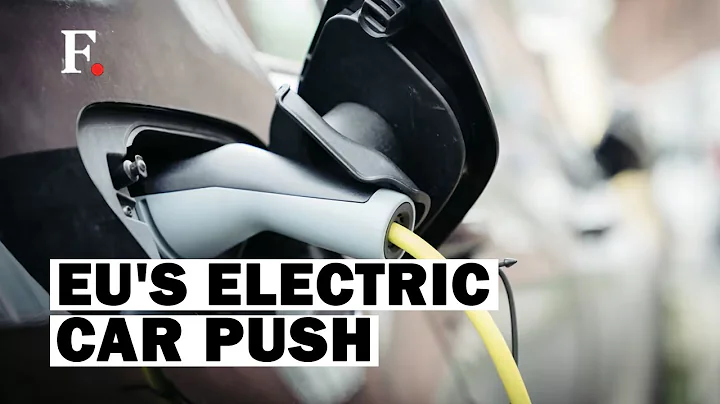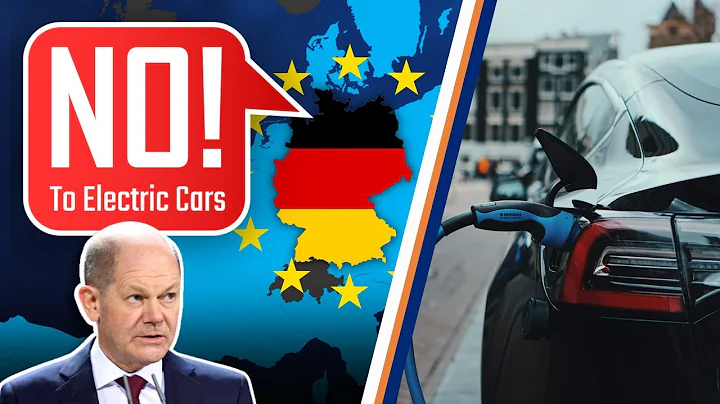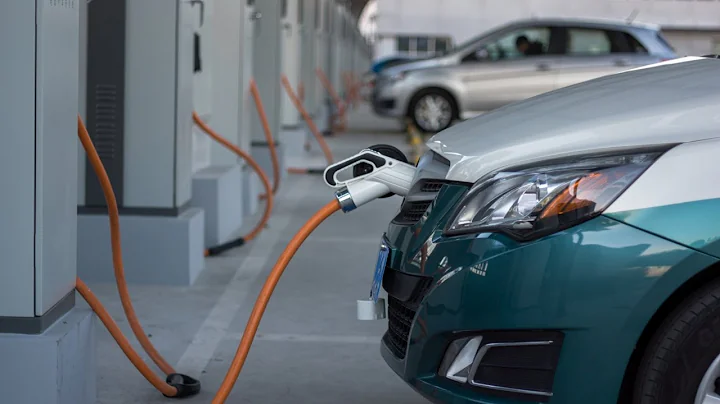main station reporter sees the world! Hello everyone, I am Yu Peng, the Taiwanese reporter based in Berlin. Today I want to talk to you about German cars.

On June 8, local time, the European Union passed a ban on the sale of fuel vehicles, which will stop the sale of new fuel vehicles in the EU starting in 2035. The ban includes hybrid vehicles.
Not long ago, the environment ministers of the EU countries agreed on a climate protection policy that requires all new cars sold starting in 2035 to have zero carbon dioxide emissions. This means that from 2035, the EU will stop selling internal combustion engine cars and light commercial vehicles.
This measure was first proposed in July 2021, and the German government’s stance during this period has been very ambiguous. Not long before the meeting of EU environment ministers, German Finance Minister Lindner also raised objections to this.
A climate protection policy that looks very good, why is it so difficult for the German government, including the German Finance Minister? This starts with the development of the German automobile industry.
136 years ago in 1886, the German Karl Benz applied for a patent for a three-wheeled vehicle he invented, so this tricycle that did not need to be pulled by horses was recognized as the first car. Soon after, another German Daimler 100 kilometers away invented the first four-wheeled car. Germany developed into the "Kingdom of Automobiles".
As a country with large car companies such as Volkswagen, BMW and Daimler, the automobile industry is Germany's largest pillar industry and is known as the crown jewel of the manufacturing industry. In 2019, before the COVID-19 outbreak, German factories produced more than 4.6 million passenger cars and 284,000 commercial vehicles. According to broader industry statistics, the automobile industry has created nearly one million jobs in Germany and contributed 12% of tax revenue.

Workers are working in an automobile manufacturing assembly workshop in Germany (Photo by Main Station reporter Yu Peng)

A neat and orderly workshop in a German automobile manufacturing factory (Photo by Main Station reporter Yu Peng)
Under the pressure of new energy transformation , the German automobile industry has not had an easy time in recent years. In the final analysis, the huge difference between internal combustion engine vehicles and electric vehicles is the fundamental reason for this phenomenon. Usually, an internal combustion engine vehicle has 20,000 to 30,000 parts, while an electric vehicle only has more than 10,000 parts. Some industry insiders predict that the number may be further reduced to about 7,000 in the future. The engines, transmissions, and even components related to fuel supply, air intake, and exhaust of internal combustion engine vehicles are completely useless in electric vehicles.

Automobile engines made in Germany (Photo by Main Station reporter Yu Peng)
There are currently about 1,000 automobile suppliers in Germany. Many of them are small businesses that make a living by providing parts for internal combustion engines, and many of them have a single product. Once the market demand for internal combustion engines drops, these companies will undoubtedly be hit hard.
After compromise negotiations, the German government finally expressed support for the EU's proposal, but hoped to provide exemption clauses and consider giving a green light to the future use of alternative technologies such as synthetic fuels or plug-in hybrid . This will preserve a glimmer of hope for internal combustion engine vehicles.
But the historical wheel of new energy transformation has begun to move forward. Several large car companies have stated that the shift to electrification is "irreversible" and have strengthened their new energy vehicle layout and plan to launch a number of new electric vehicles in the next few years. In 2021, German electric vehicle production increased by 86%, while internal combustion engine vehicle production fell by 23%. In terms of sales, the market share of pure electric vehicles has been growing almost every month since January this year. Car experts expect electric vehicles to account for 23% of all new registrations this month. In the next year, the proportion of pure electric vehicles will reach 25%.

"Made in Germany" automobile production line (Photo by Main Station reporter Yu Peng)
Electrification can be said to be the biggest challenge faced by the German automobile industry in more than 100 years of development, and it is also the most profound change. Now, we have to wait and see whether Germany, which is at a crossroads, can continue to secure its throne as the automotive kingdom.
The above are the local observations of Yu Peng, the Taiwanese reporter in Berlin.

The author of this issue of "Correspondents See the World" is: Yu Peng, the reporter in Berlin.
(From the Voice of China column "Correspondents See the World")
Producer丨Wang Qiaoling
Reporter丨Yu Peng
Editor丨Du Yuting
